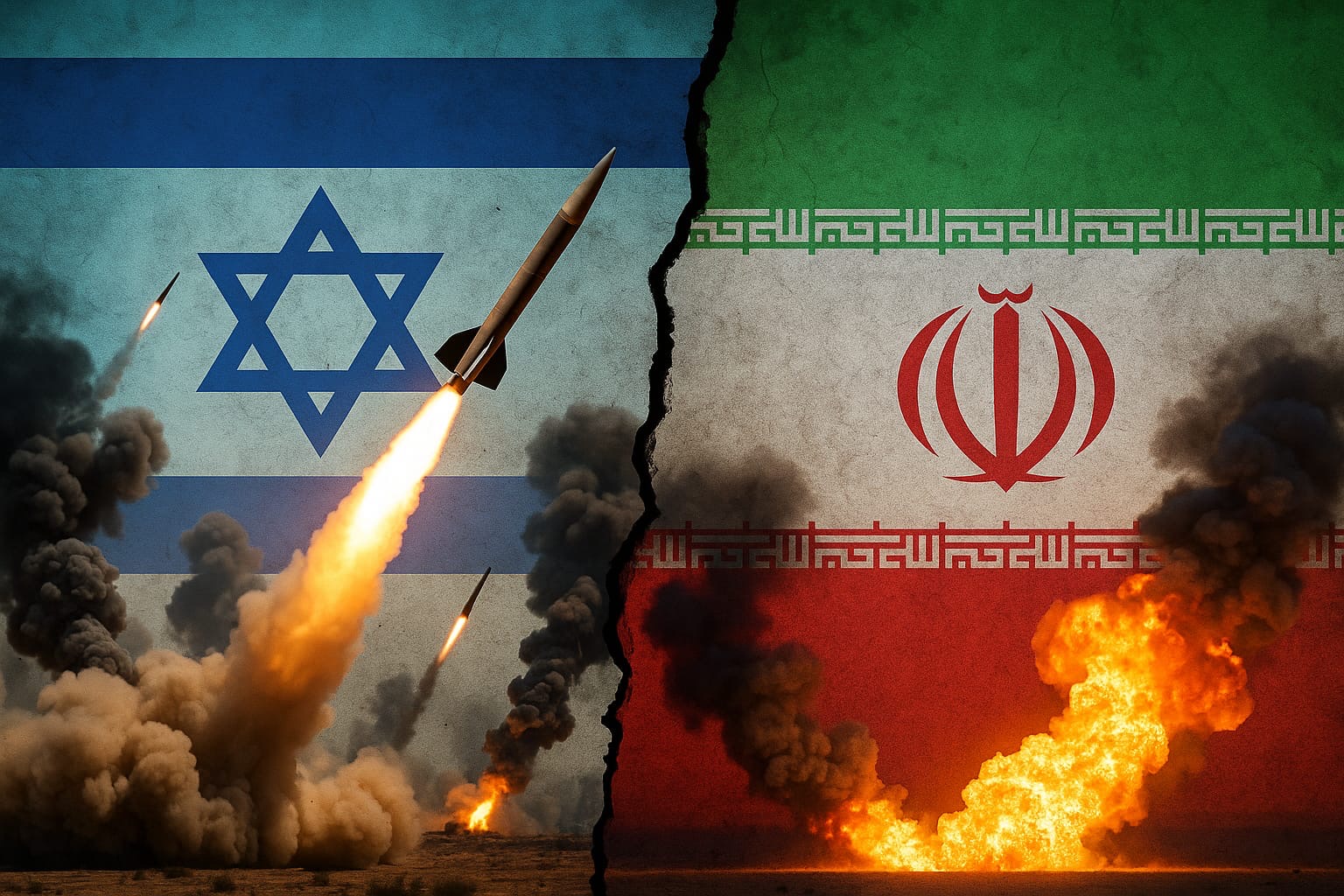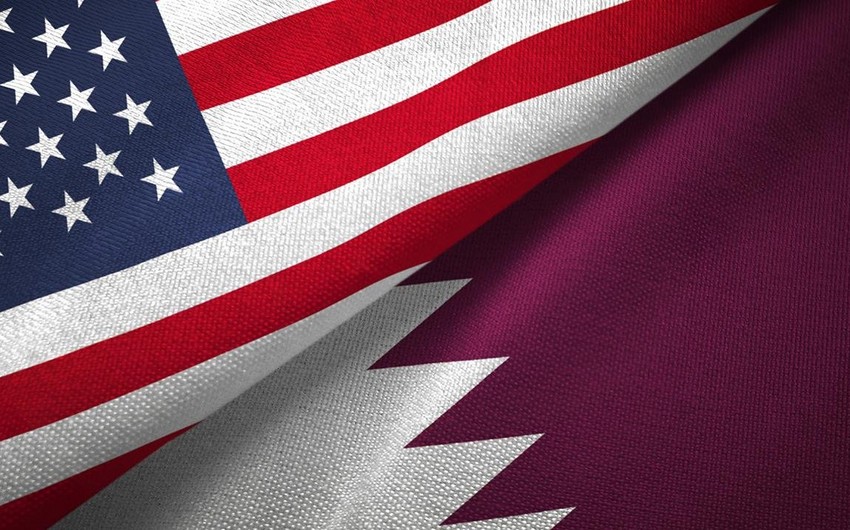Tensions in the Middle East have once again drawn global attention as hostilities between Iran and Israel escalate to dangerous new heights. The recent surge in violence—marked by Iranian missile launches and Israeli precision strikes—has fueled fears of a broader regional conflict that could engulf neighboring countries and draw in major global powers. The crisis deepened when Iranian forces targeted a U.S. military base in Qatar, raising concerns that the confrontation might spill beyond traditional flashpoints and ignite a wider war involving the Gulf states and the United States.
In this fragile and volatile environment, a temporary ceasefire has provided some relief, yet the risk of renewed violence remains high. Growing questions are being asked about the broader implications for regional stability, the strategic posture of international powers such as the United States and Russia, and the striking silence of global institutions like the United Nations.
To gain deeper insight into these developments, EDnews spoke with Rachel Abraham, CEO of the Donna Grazia Center for Diplomacy and an Israel-based journalist. In this exclusive interview, Abraham offers her perspective on the potential consequences of a wider Iran-Israel conflict, the strategic calculations of global actors, and why the UN has remained unusually quiet amid this escalation.
.jpg)
- What consequences could an escalation of the conflict between Iran and Israel have for the entire Middle East?
- I’m relieved that a ceasefire is currently in place, as a further escalation between Iran and Israel could have had devastating consequences for the entire Middle East. It's important to remember that Iranian aggression has already extended beyond its borders—most notably with attacks on U.S. military installations, including the one in Qatar. Such actions carried the real risk of drawing in both global superpowers and regional actors into a much larger war.
Had the conflict intensified, we might have witnessed a full-scale regional confrontation, with Israel and key Gulf states potentially joining forces with the United States against Iran and its vast network of proxies. The result would likely have been massive loss of life and widespread destruction, reminiscent of the horrors of the Iran-Iraq war in the 1980s. The region simply cannot withstand another conflict of that magnitude.
That’s why this ceasefire is so critical—it provides a necessary pause and a chance to step back from the brink of what could have become a catastrophic regional war.
- How can the high activity of the U.S. as Israel's ally be explained against the backdrop of Russia's passivity, given that Russia is considered an ally of Iran?
- Russia’s passivity in this crisis is largely due to its deep entanglement in the war in Ukraine. The Kremlin is heavily invested—militarily, politically, and economically—in that conflict and is in no position to open a new front by becoming directly involved in Iran’s regional confrontations.
While Russia is aligned with Iran on certain strategic fronts—particularly in Syria—it has also maintained a pragmatic working relationship with Israel. Unlike Iran’s leadership, which openly calls for Israel’s destruction and frames the United States as its arch-enemy, Russia’s objectives are far more calculated and less ideologically driven. President Putin is focused on asserting Russian influence in Ukraine and pushing back against NATO’s expansion—not on advancing Tehran’s radical regional ambitions.
In this context, Moscow may offer Iran rhetorical or diplomatic support, but it has little interest in being drawn into a volatile escalation that doesn’t directly serve its core geopolitical goals.
- How do you assess the passive stance of the United Nations amid the current escalation between Iran and Israel? What explains the silence?
- The United Nations’ relative silence during this escalation likely reflects an understanding that Israel’s actions were targeted specifically at Iran’s nuclear infrastructure and military assets—not its civilian population. As Germany’s Chancellor aptly noted, Israel is, in many ways, doing the world’s "dirty work" by confronting a regime that poses a growing nuclear threat to regional and global security.
Unlike in previous conflicts—such as operations in Gaza, where civilian casualties are tragically widespread—this time, the precision of Israel’s strikes has changed the narrative. Footage from Iran has shown, for example, that in residential buildings, only the specific unit associated with an IRGC member was targeted, while the rest of the structure remained untouched and civilians were unharmed. These carefully executed operations have made broad international condemnation more difficult.
This is not Gaza. The intent, scale, and consequences are significantly different. That distinction has likely contributed to the UN’s muted response. The international community, including the UN, appears to recognize that Israel’s actions are aimed at neutralizing a strategic threat rather than inflicting collective punishment.
John Ayomide









